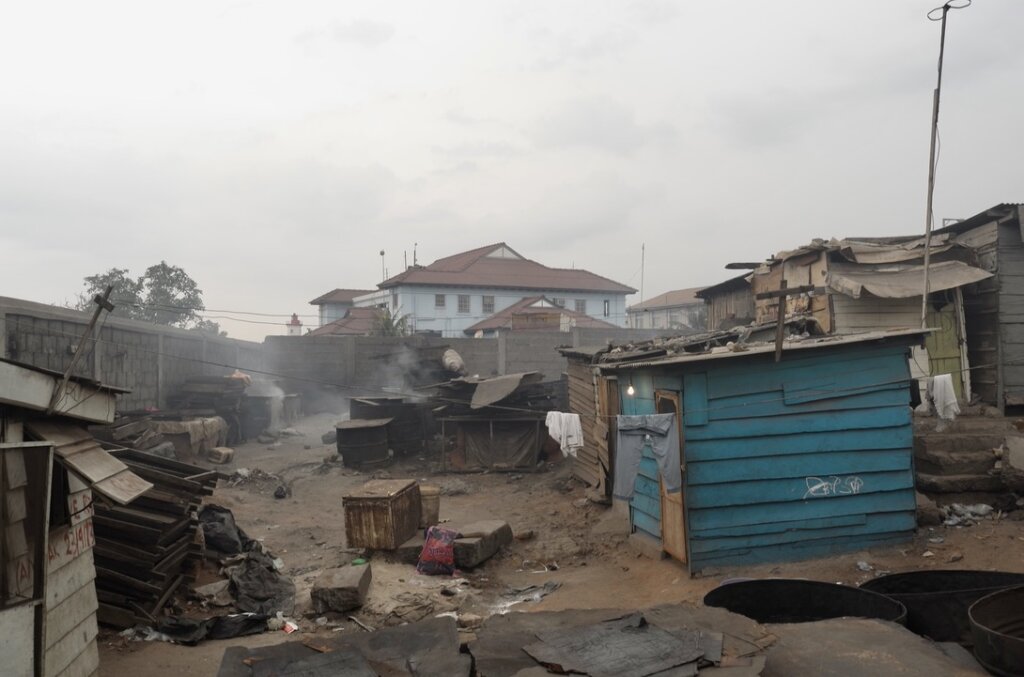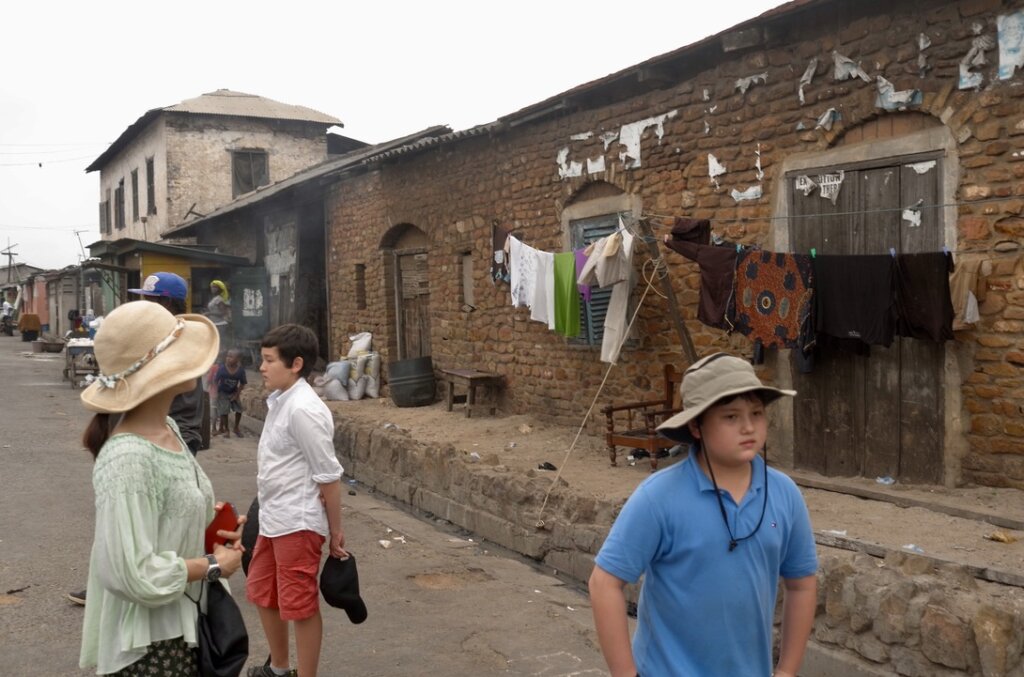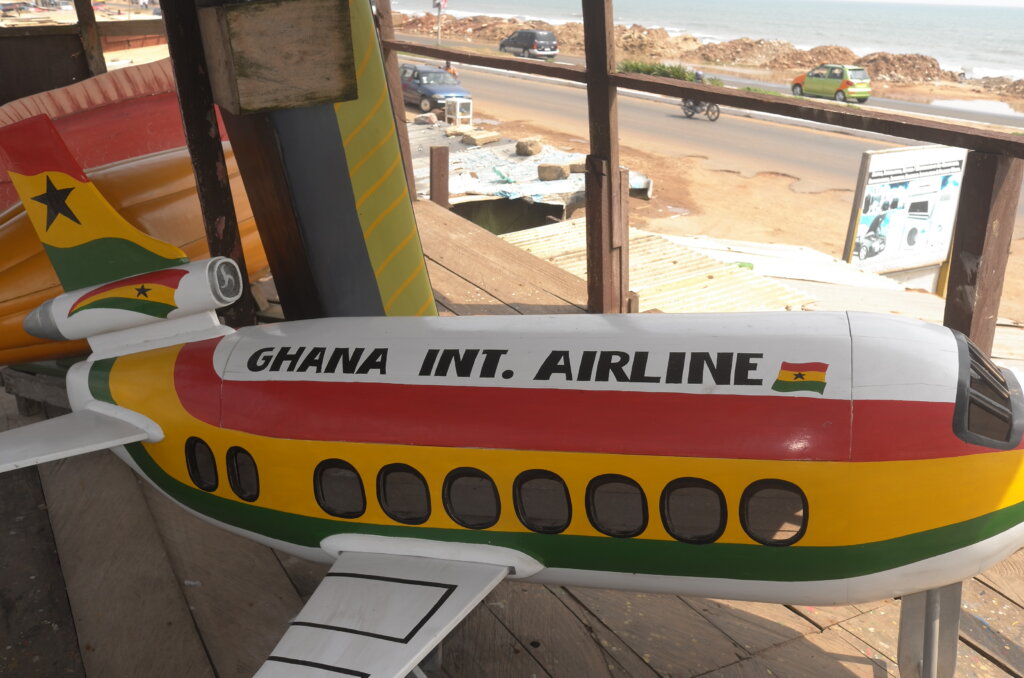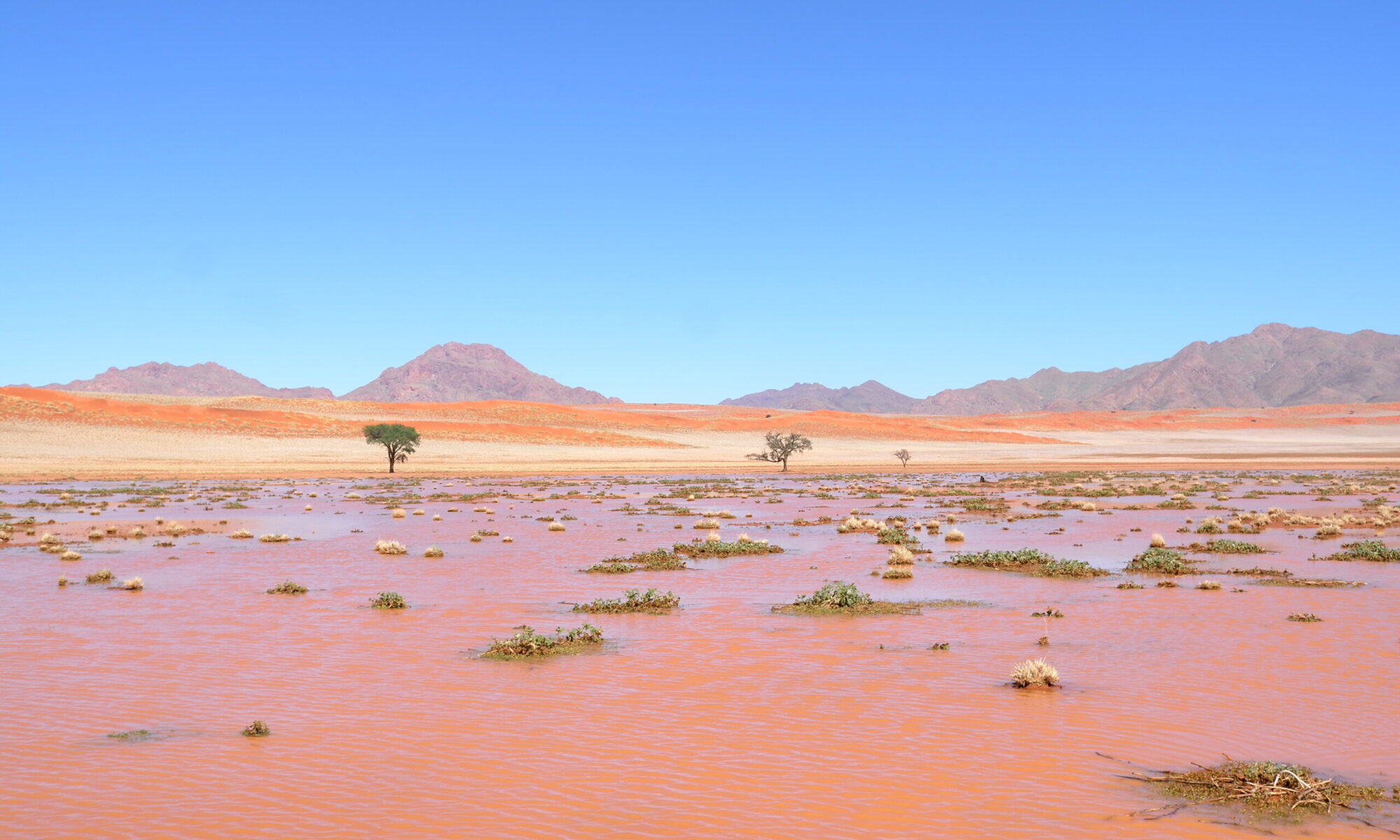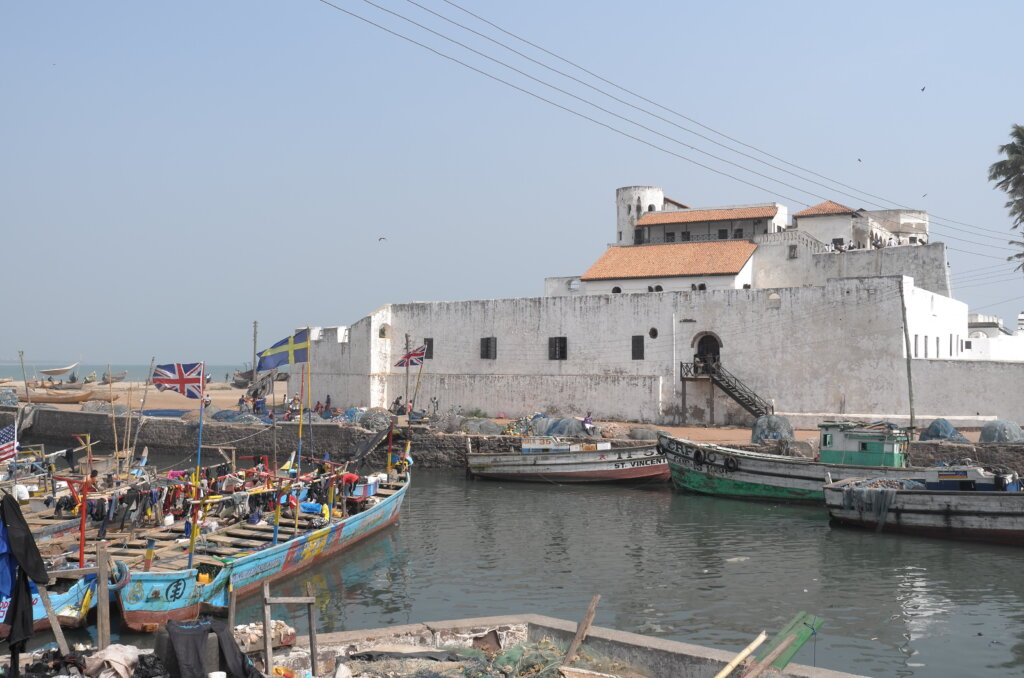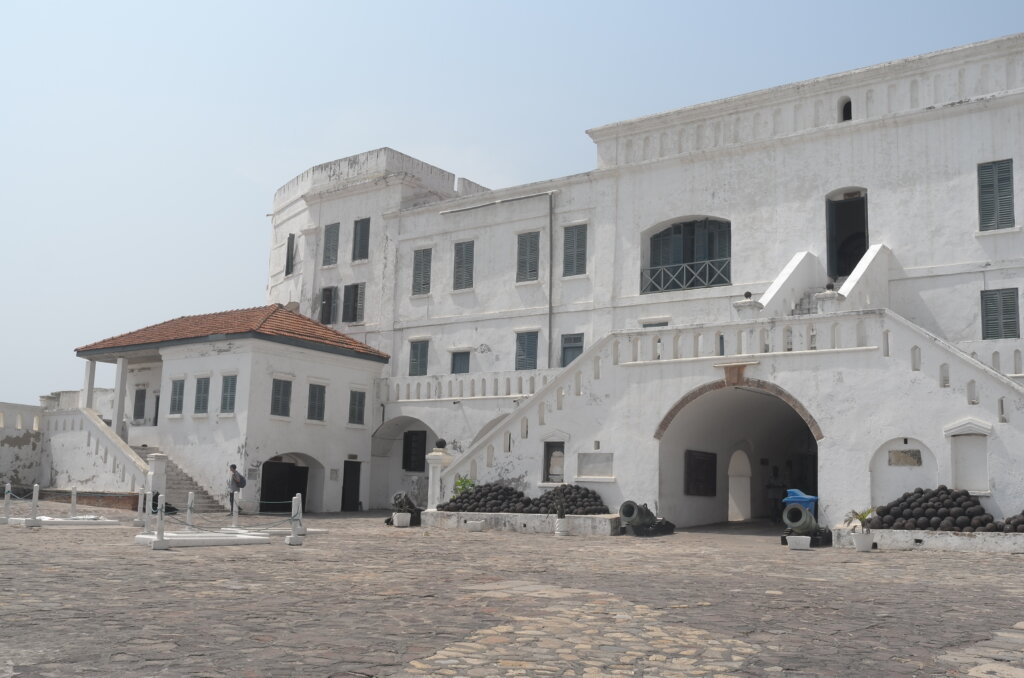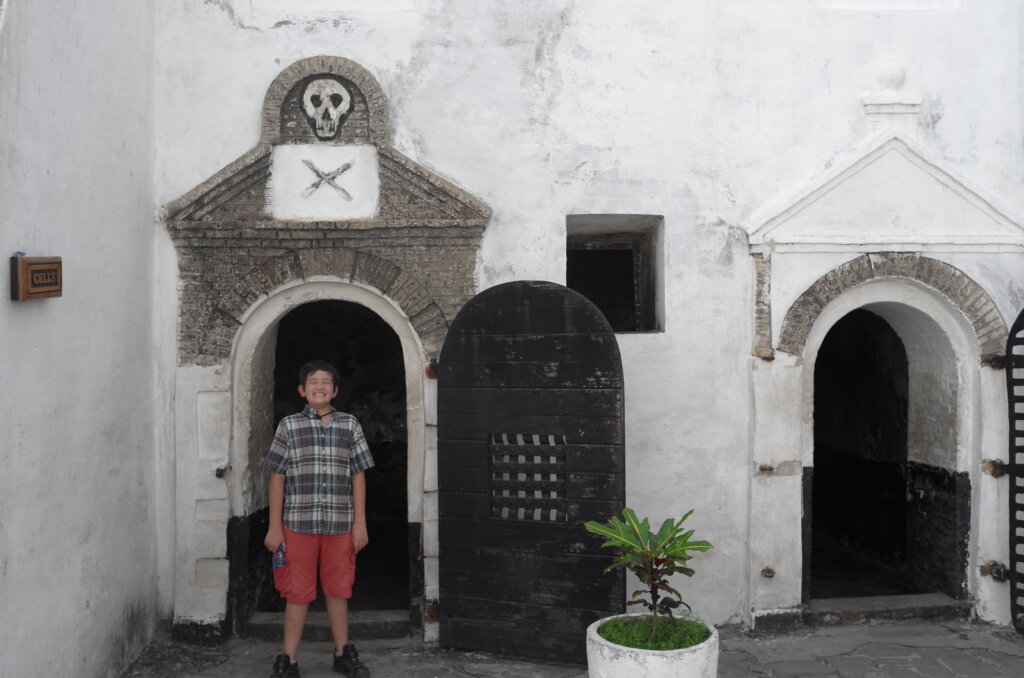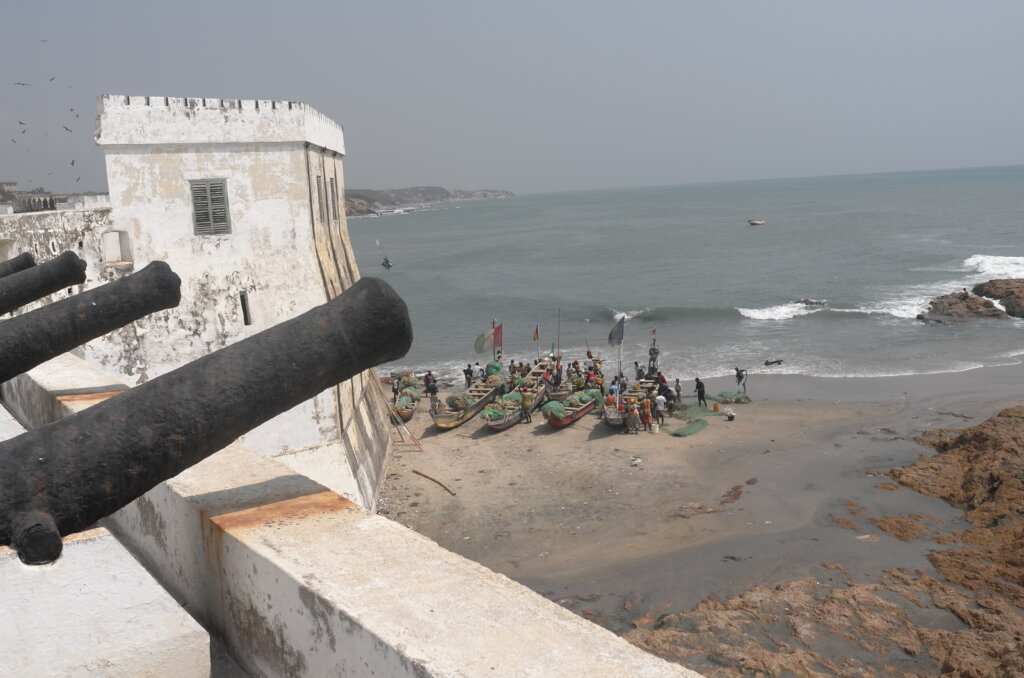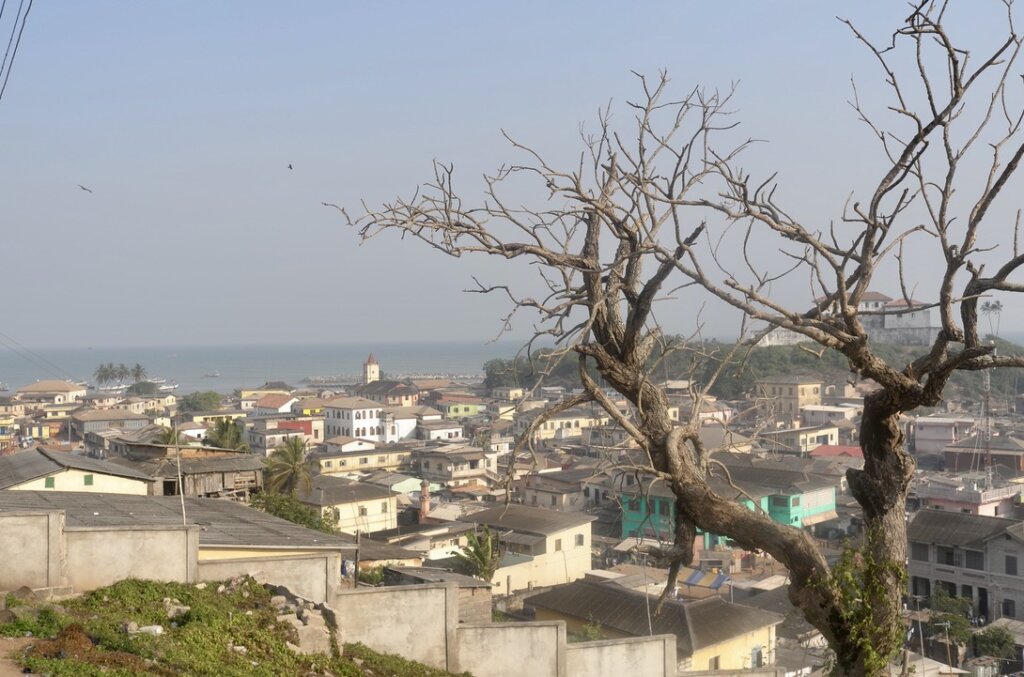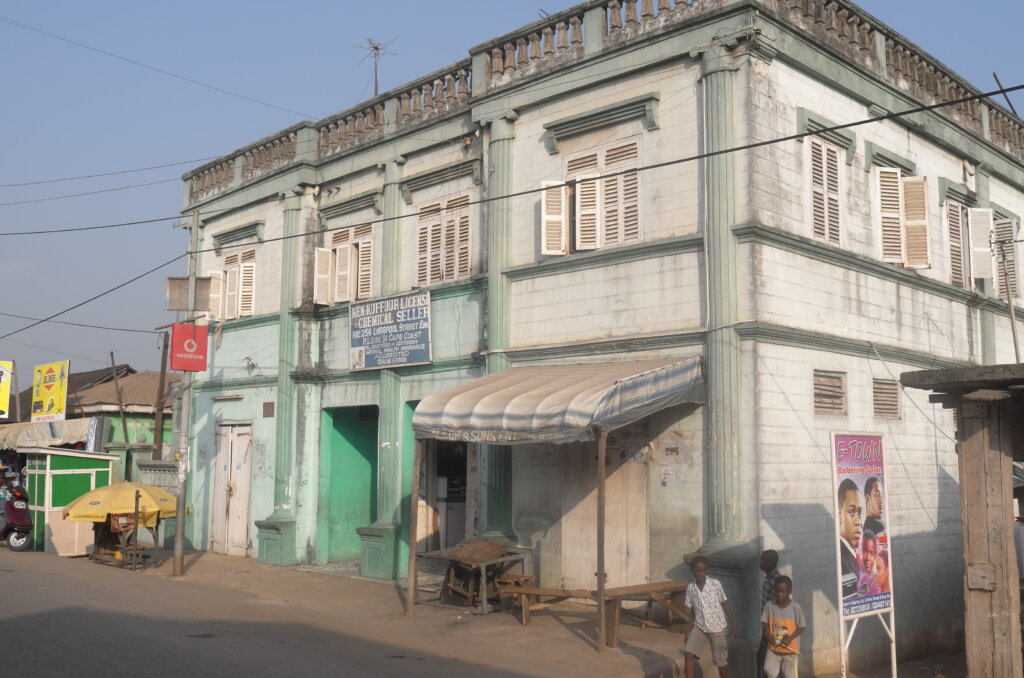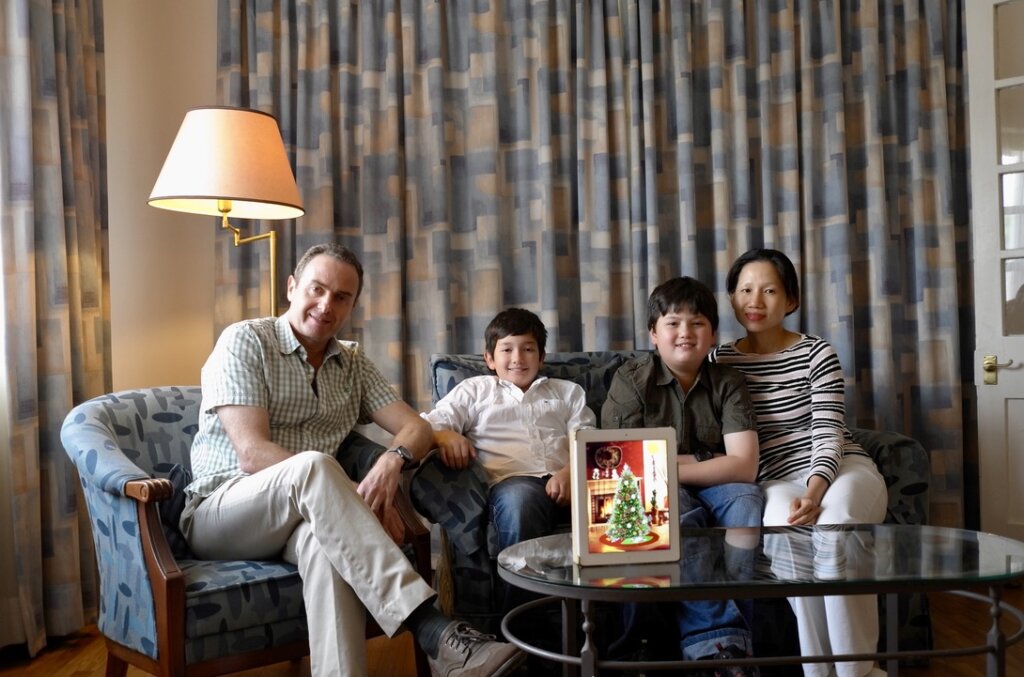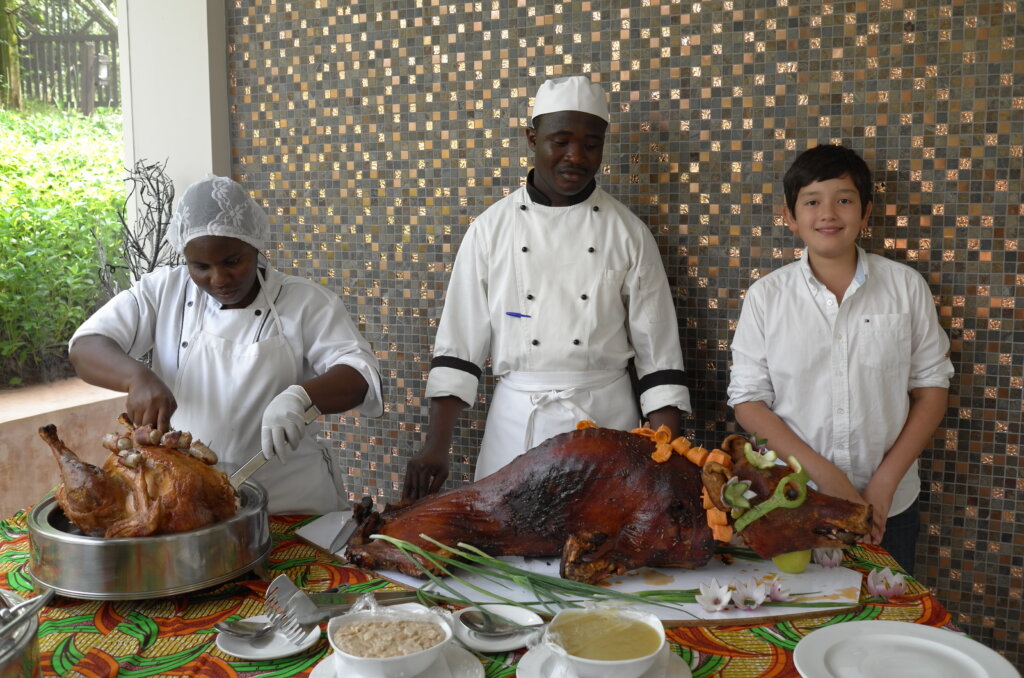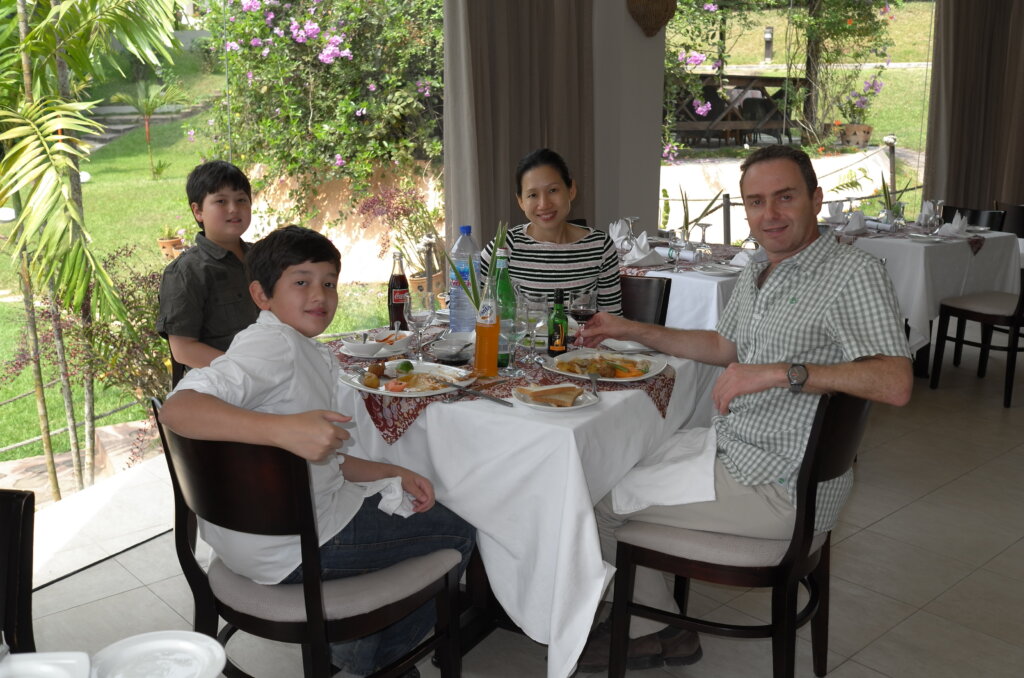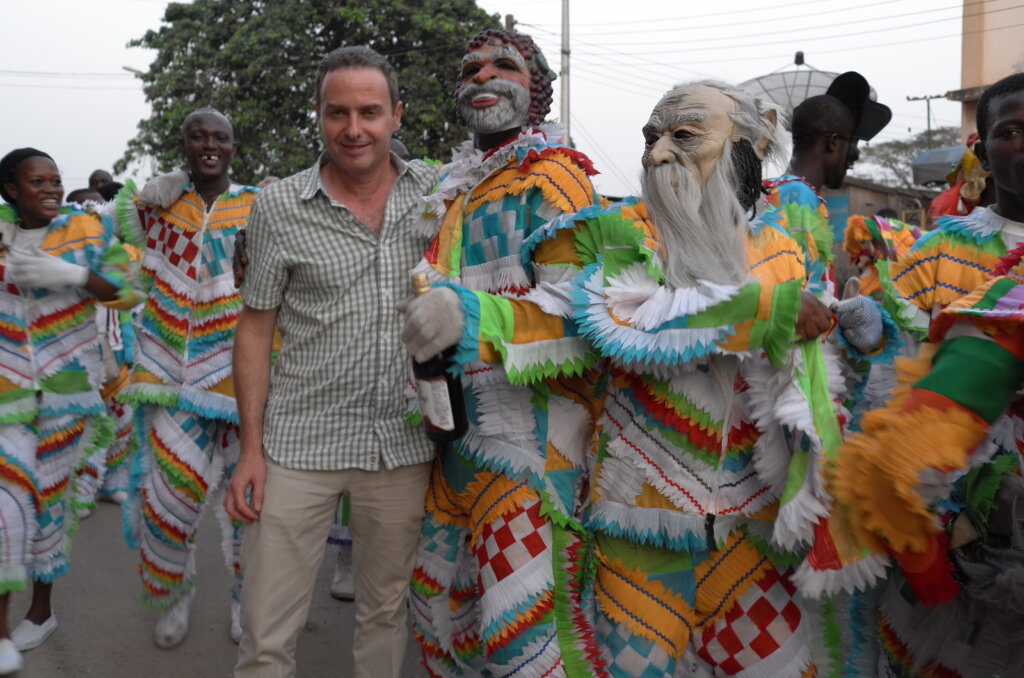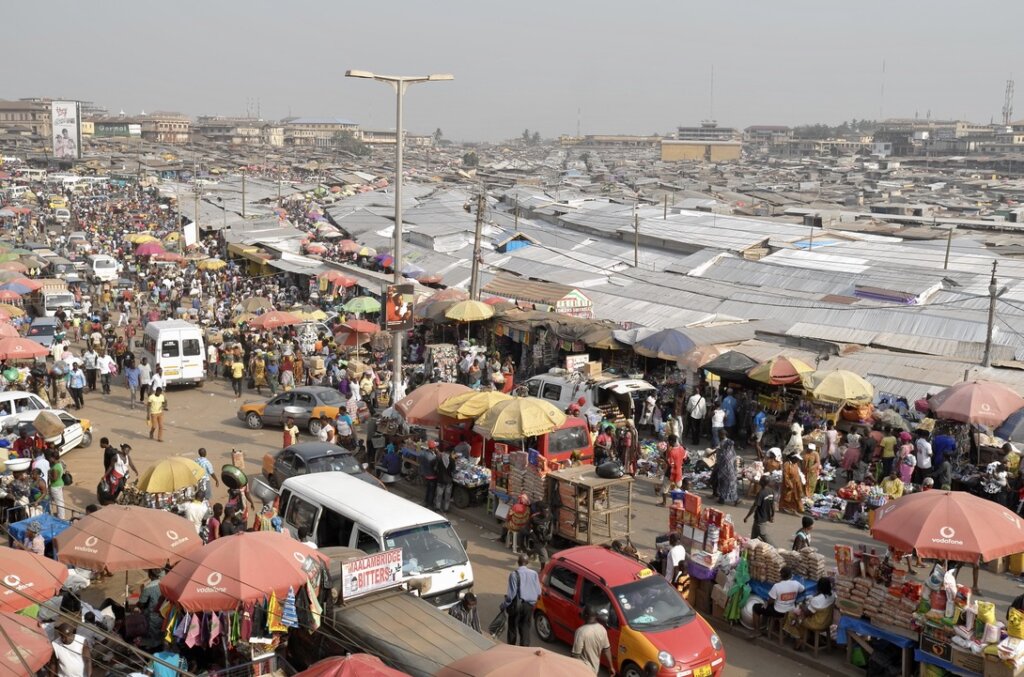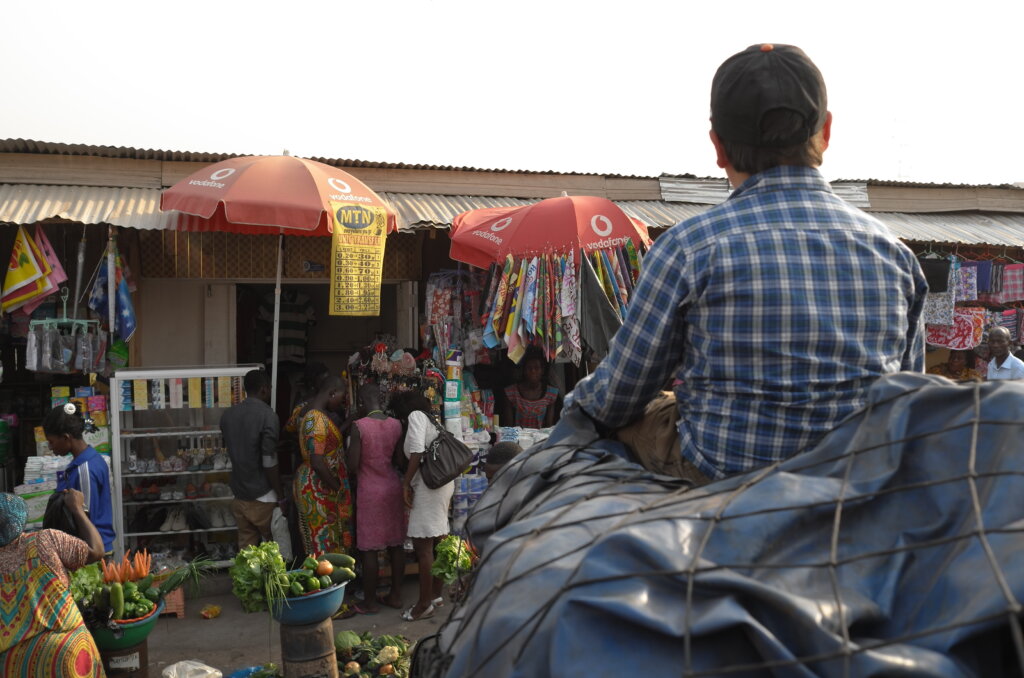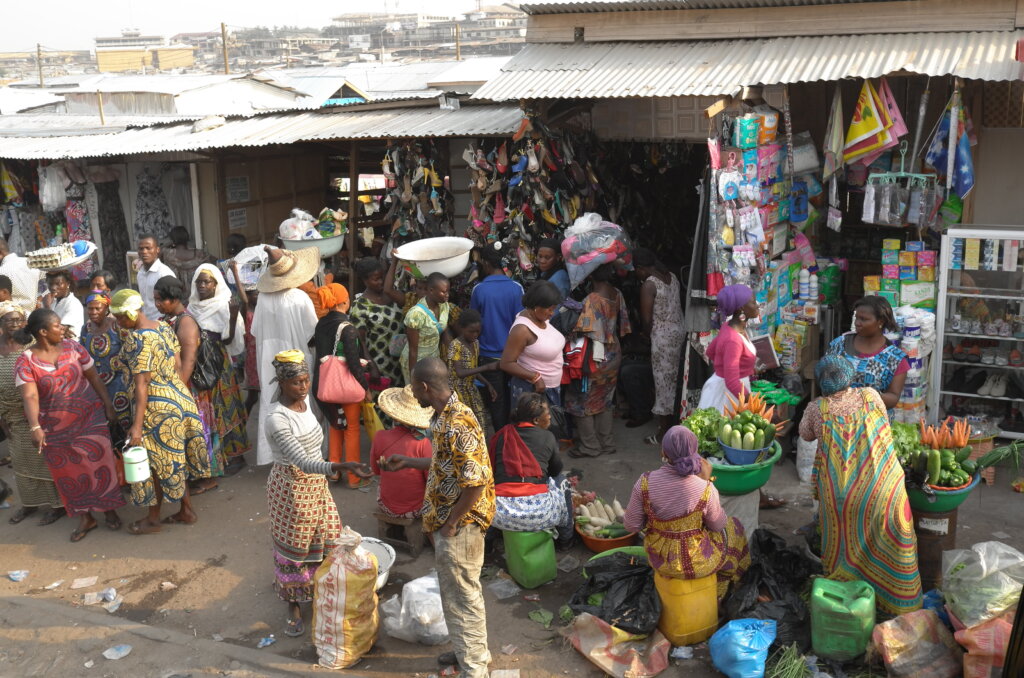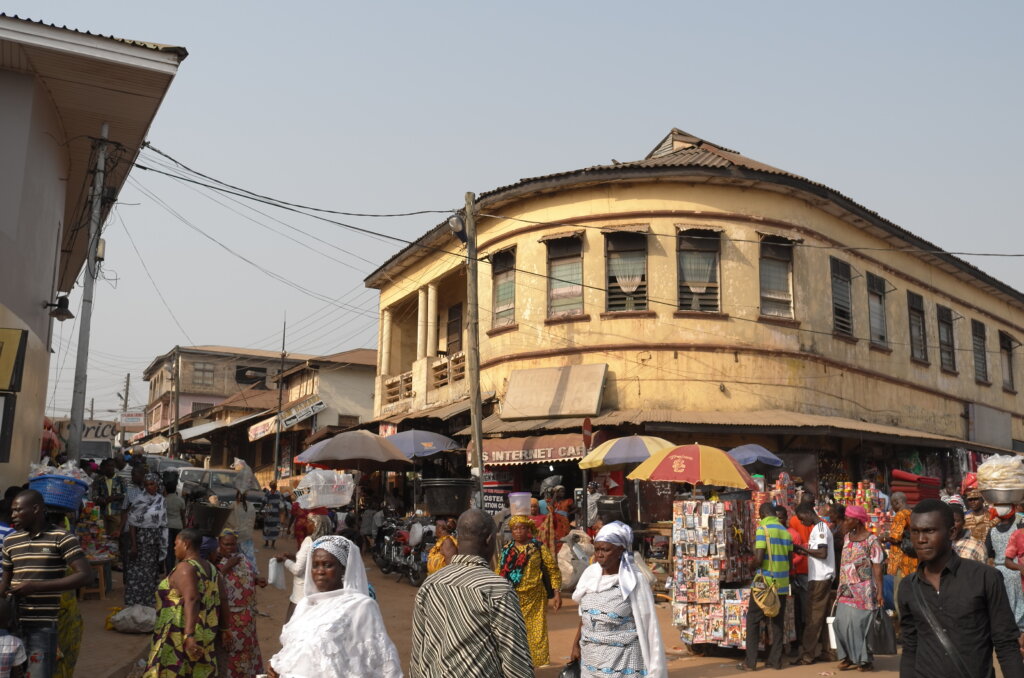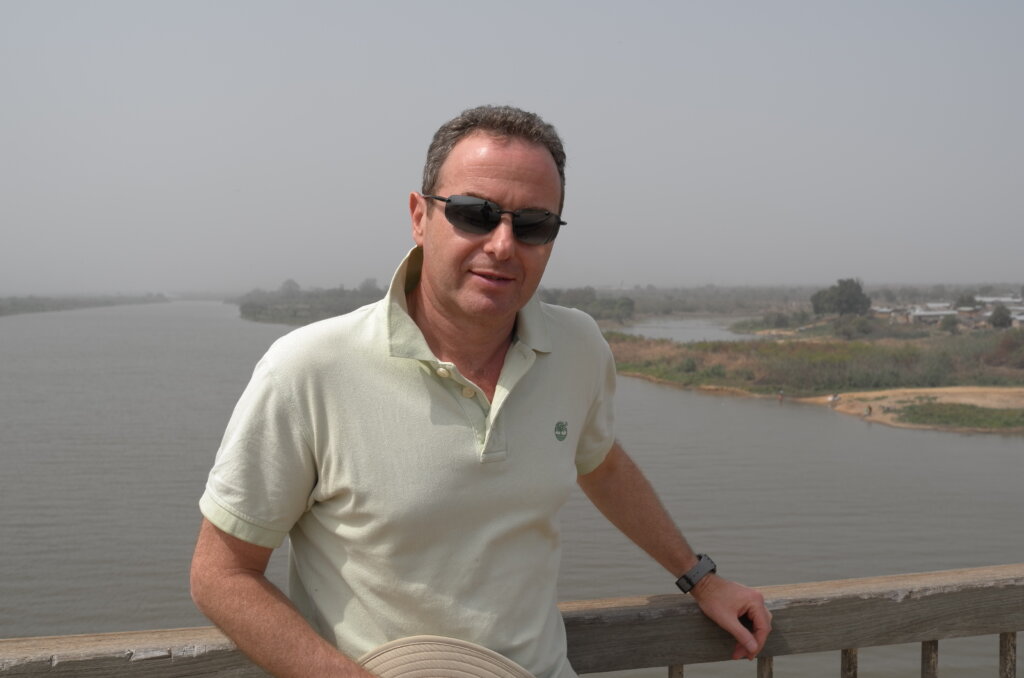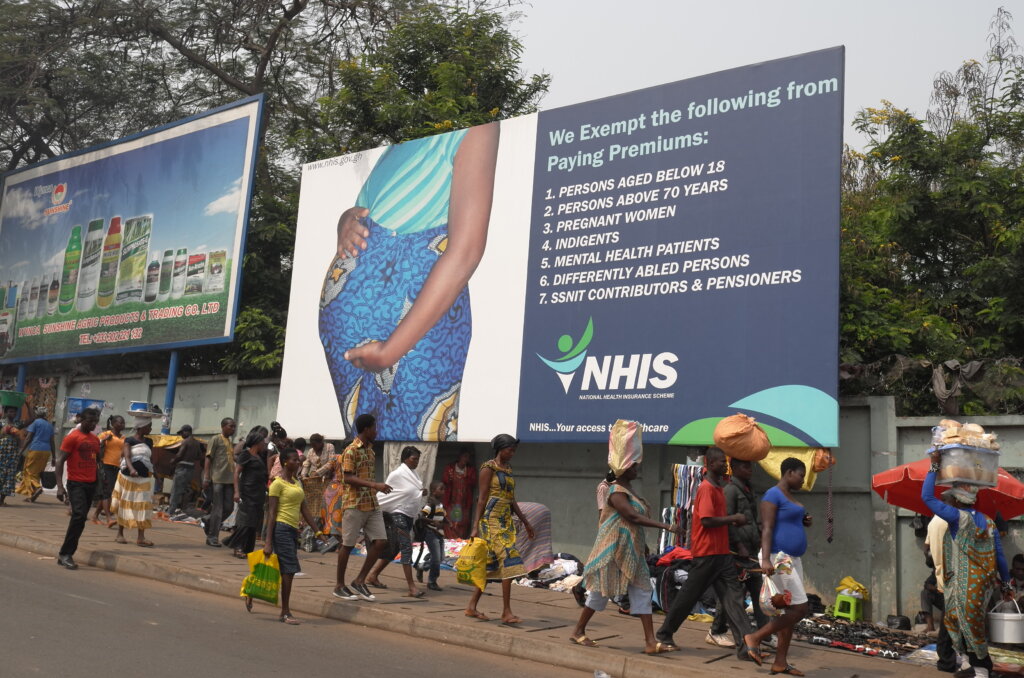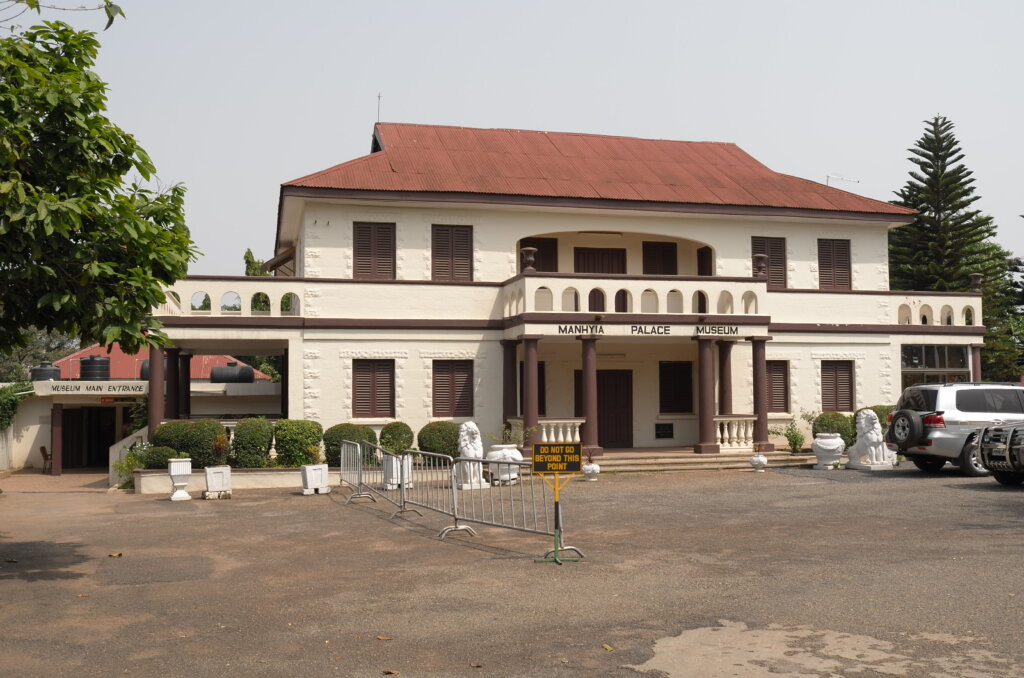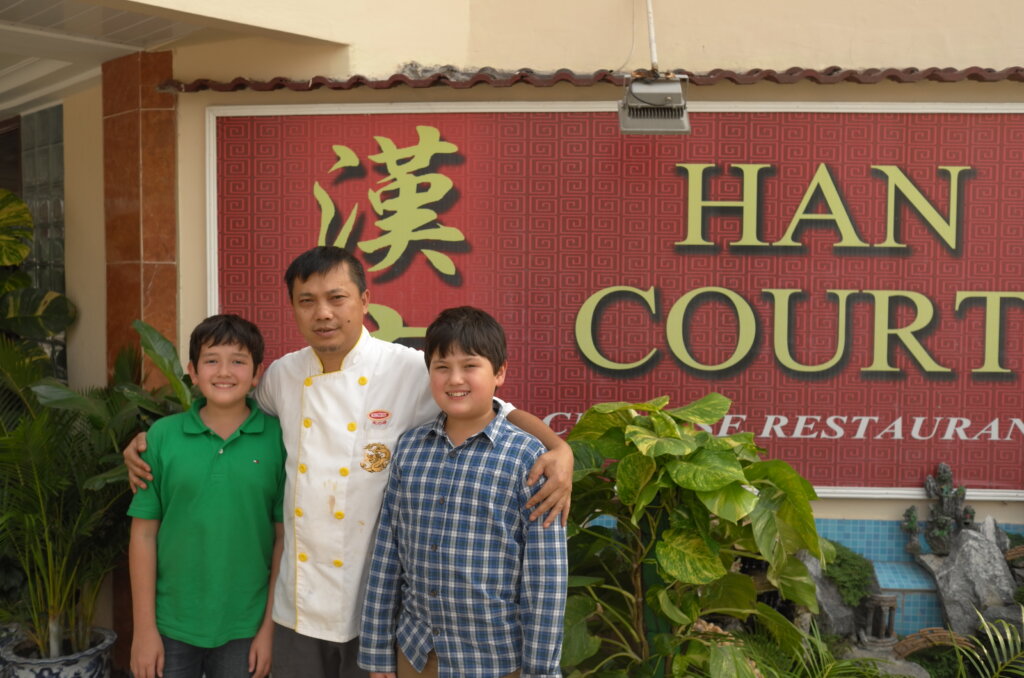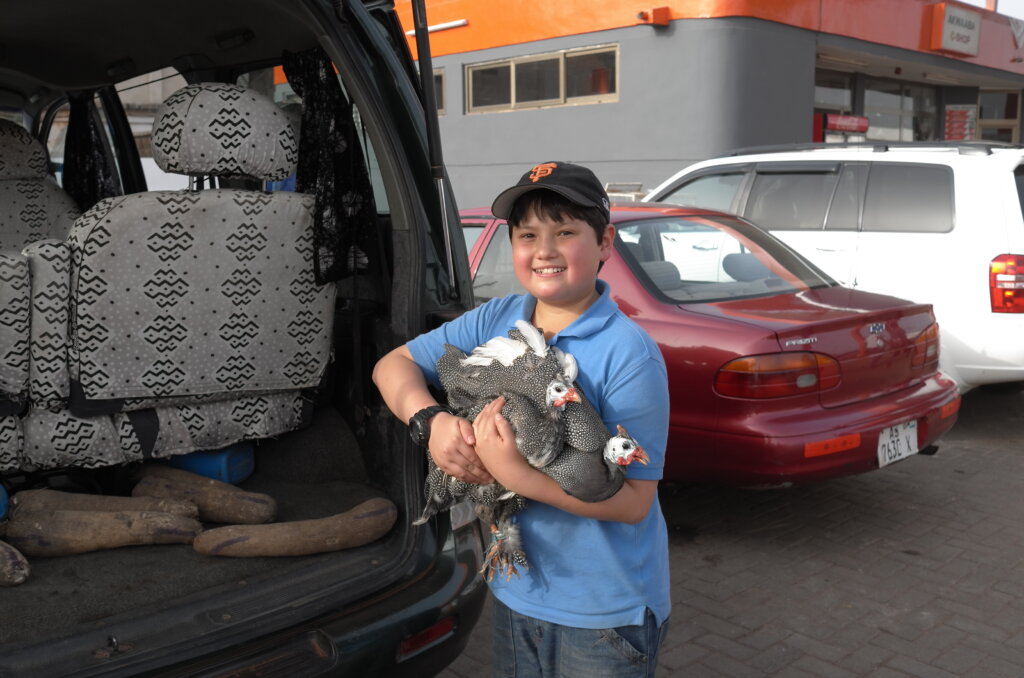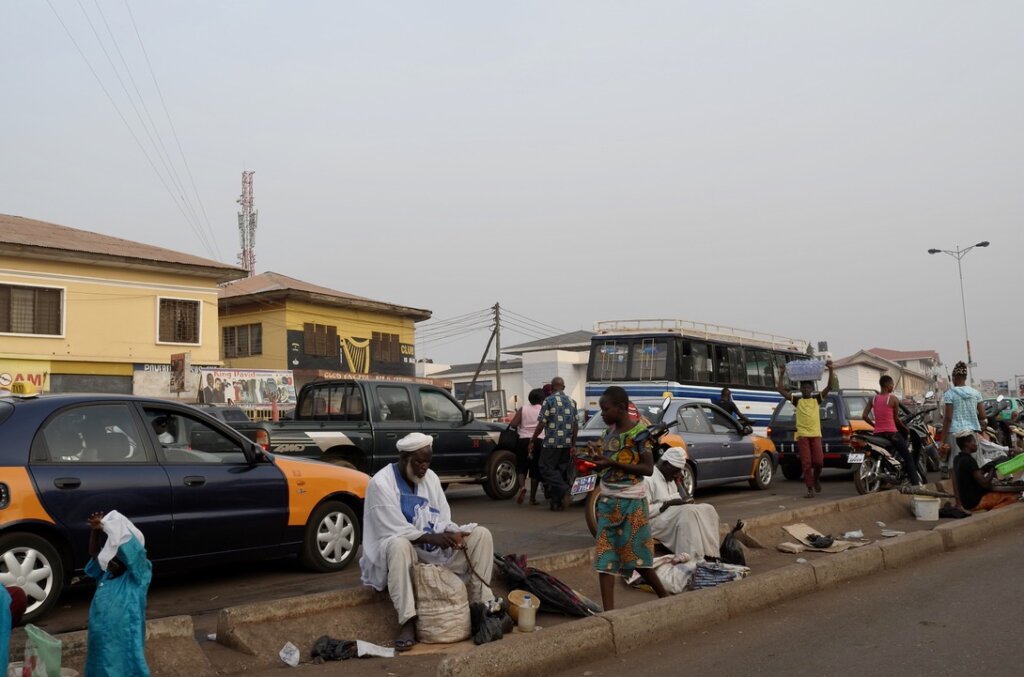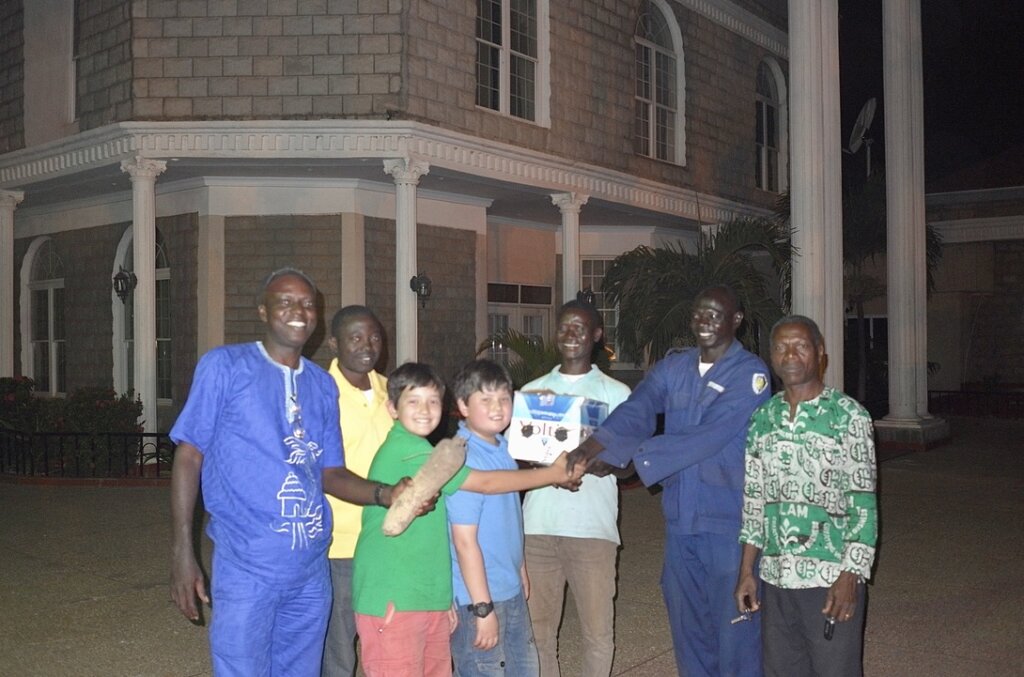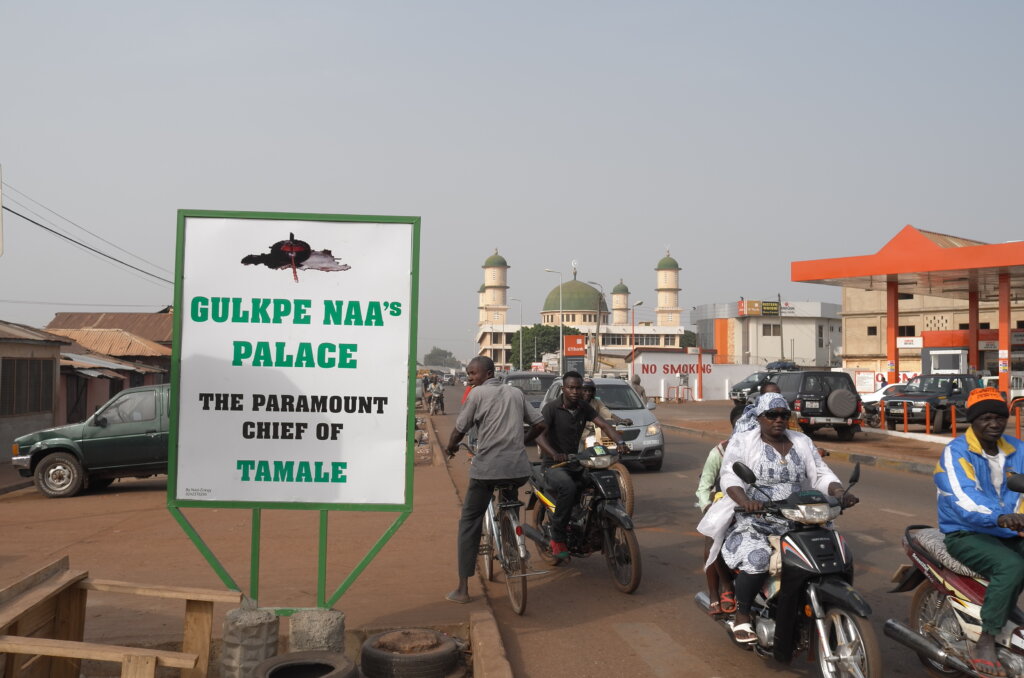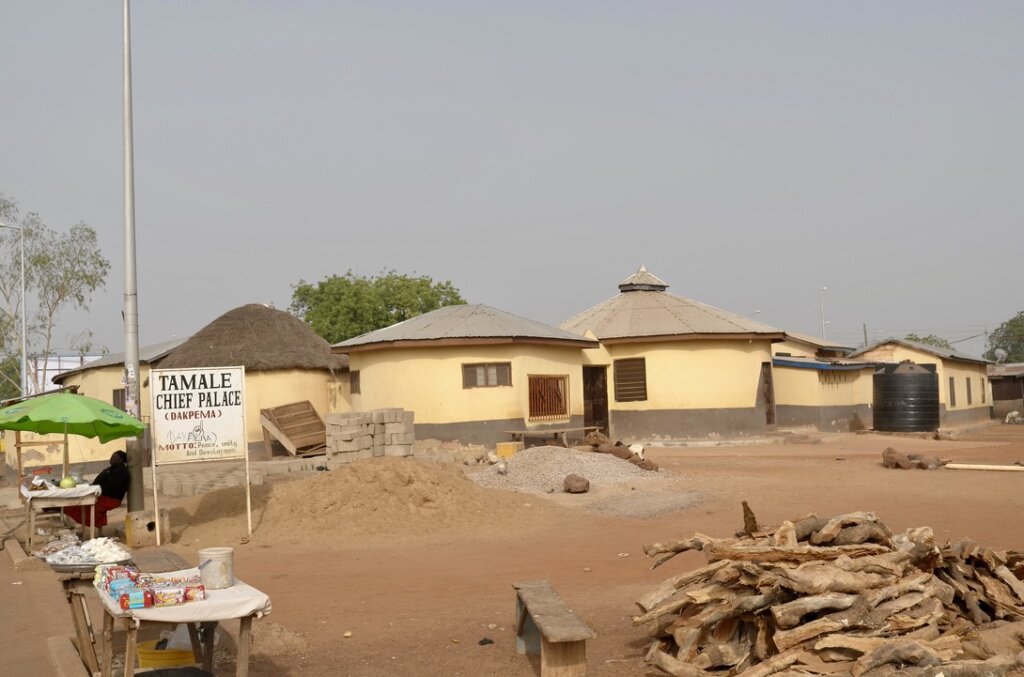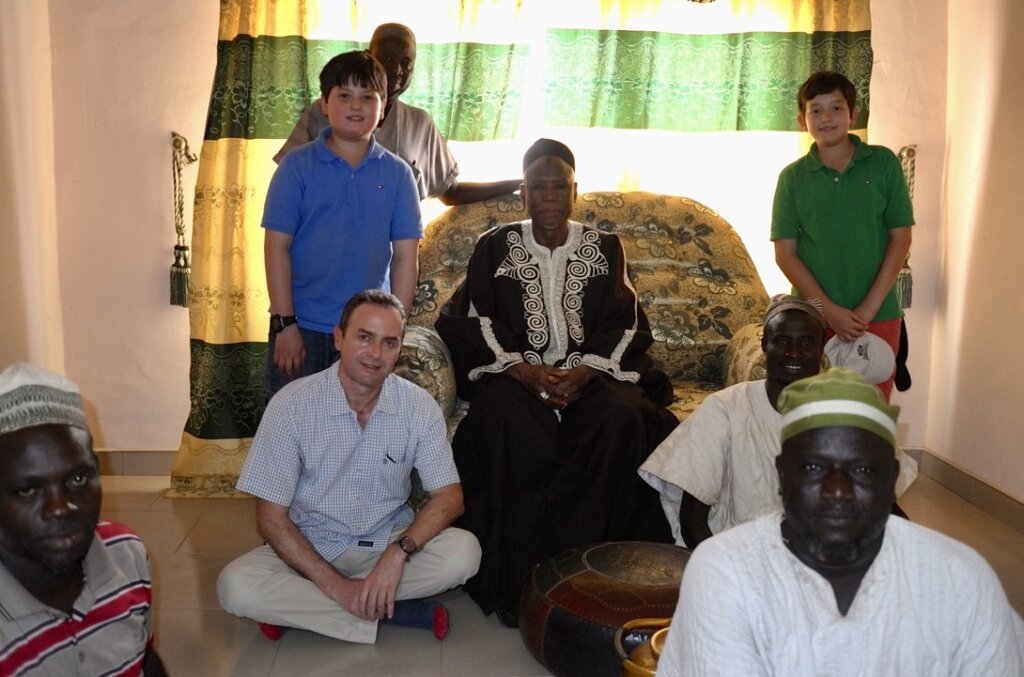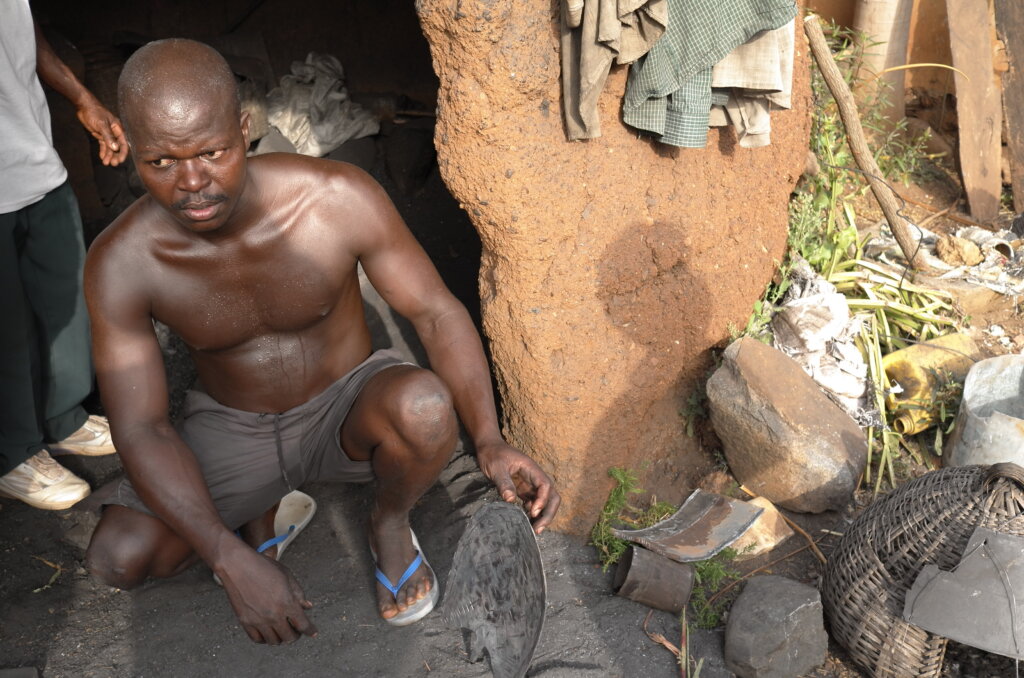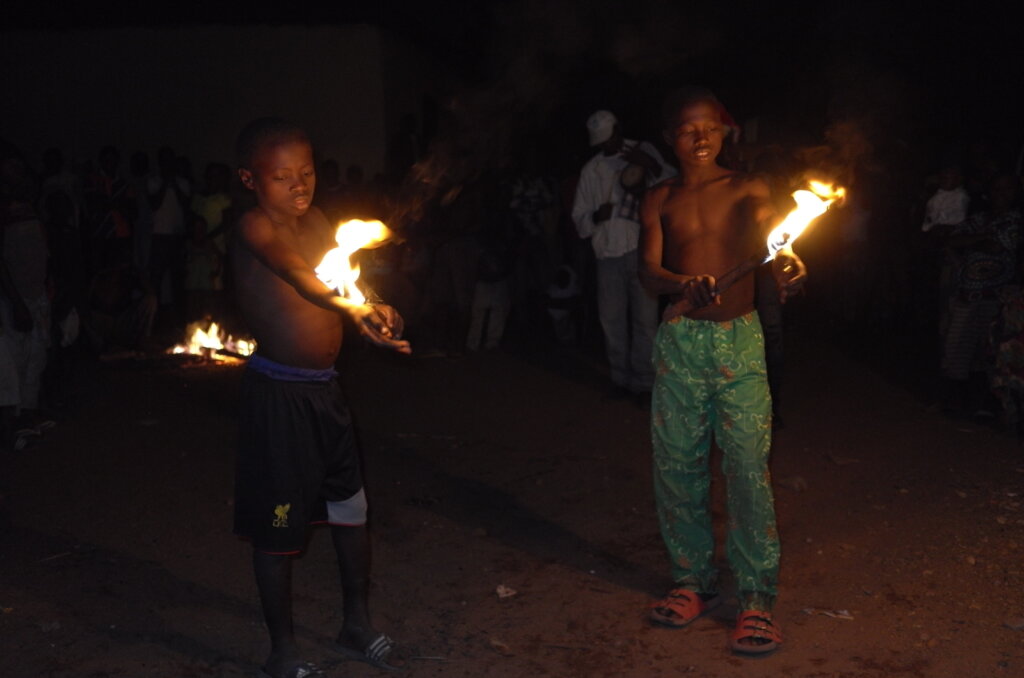Accra is one of those great chaotic, overwhelming African cities whose defining characteristic seems to be the extreme contrast which exists at every level.
The spectacular McMansions of the diplomatic district coexist with the squatters just across the street who let their goats roam freely onto their well manicured lawns. Fancy restaurants surrounded by hawkers. Posh New York-style boutique hotels patronized by the English speaking yuppies wearing the latest fashion while the working class meet at the corner “chop bar” (local canteen). Accra Mall, which looks like any American mall where the middle classes indulge in typical middle class consumerism while a mile down the road, hundreds of farm animals are kept by the roadside, lined up to be sent to an illegal slaughter house.
The traffic is so bad that it would put to shame Bangkok or Jakarta. There is endless construction, everywhere, which gives the city the look of one great big construction site.
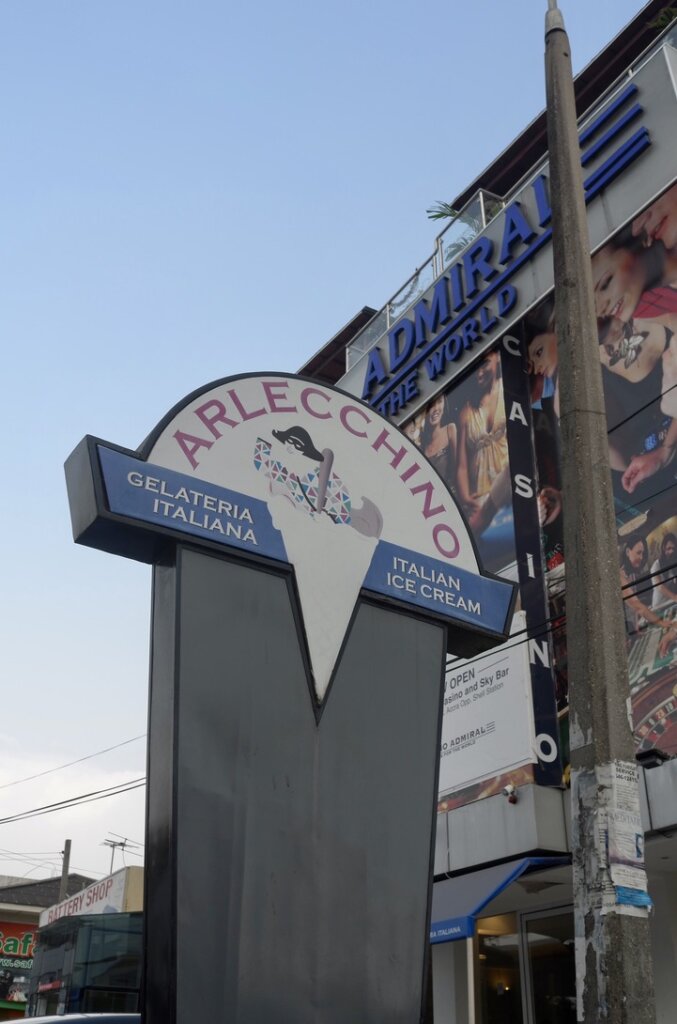
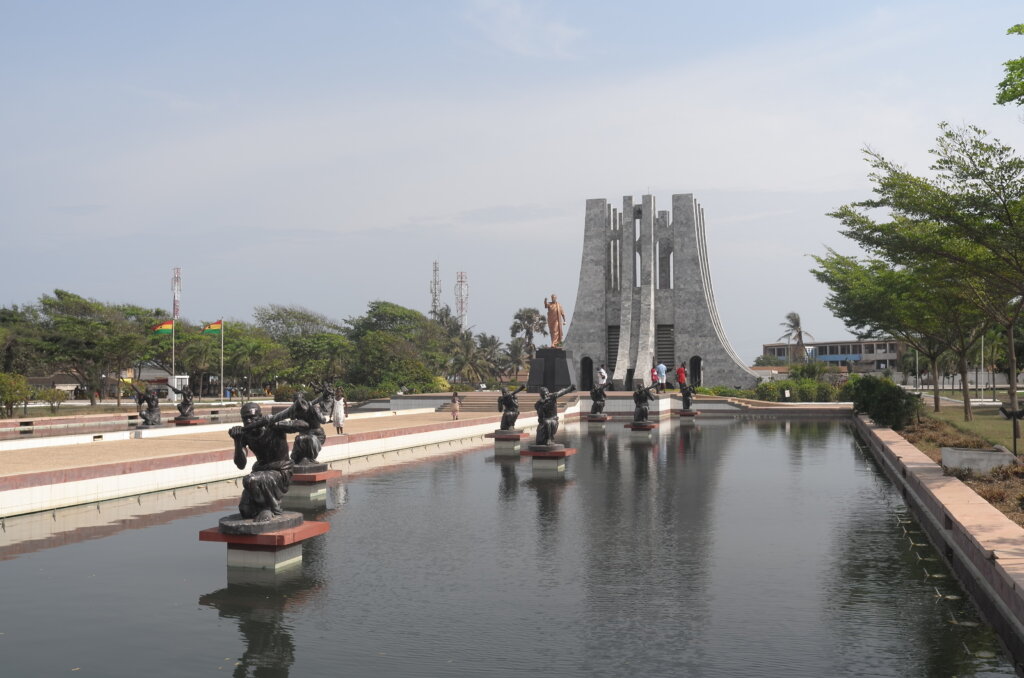
And, finally, there is Jamestown. The beating heart of Accra, from where the town grew in the colonial days. More shanty town than proper district, a neighbourhood so rough that the police do not venture there. Garbage littering the streets, crumbling old colonial homes taken over by squatters, and kids hanging out by the roadside with that cocky “don’t mess with me” look. Growing up on the mean streets makes you stronger (if it doesn’t kill you first). All of Ghana’s prize winning boxers come from Jamestown, as do its Premier League footballers.
